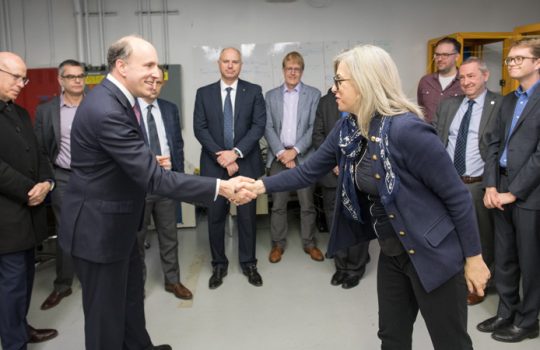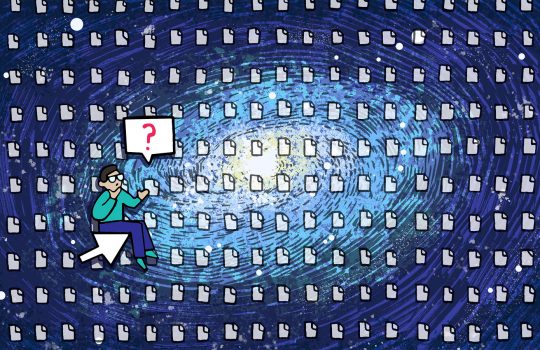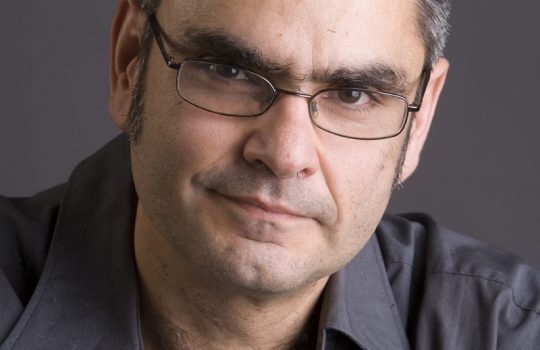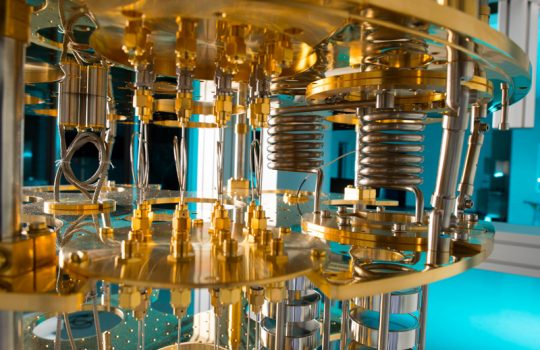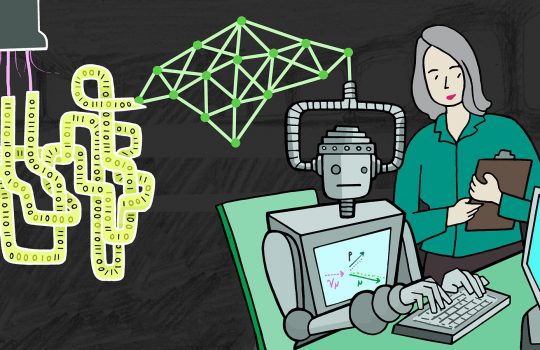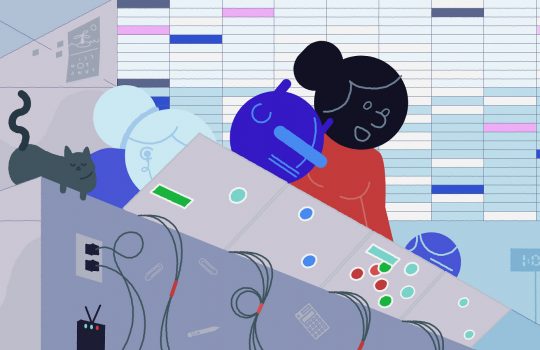DOE Under Secretary for Science Paul Dabbar visits Fermilab to discuss quantum program
- computing
- dark matter
- Department of Energy
- detector technology
- DOE
- machine learning
- quantum communication
- quantum computing
- quantum information science
- quantum science
- quantum sensor
- SRF technology
- superconducting radio-frequency technology
Fermilab’s quantum program includes a number of leading-edge research initiatives that build on the lab’s unique capabilities as the U.S. center for high-energy physics and a leader in quantum physics research. On the tour, researchers discussed quantum technologies for communication, high-energy physics experiments, algorithms and theory, and superconducting qubits hosted in superconducting radio-frequency cavities.

